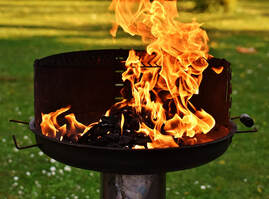 With the 4th of July, come and gone, we’re now well into the Summer grilling season. It’s the time of year when the smell of briquettes waft from picnics, parks, and backyard barbecues. Kebobs, burgers, briskets, and veggies are hot off the grill - it’s the taste of Summer. So, in the spirit of the season, here are some healthy grilling tips to keep you safe this Summer. Examine Your Grilling GearFirst of all, before you start cooking, examine your barbecue and grilling utensils. Are you using barbecue safe utensils? Does anything need to be replaced?  Rather than using your everyday kitchen utensils, it’s a good idea to have some specialized grilling utensils, like a spatula and tongs. Grilling utensils usually have extra length, to give your hands distance from the flame, and they’re typically made of heat resistant stainless steel. Other materials like silicone, wood, or plastic are more likely to melt or breakdown when used on a barbecue. You’ll also want to have a cleaning utensil that’s in good condition. You’ll use this to scrub and clean your grill after each use, so they also tend to accumulate a lot of wear. If you use a wire brush, make sure to regularly examine the condition and pay careful attention for loose bristles. These bristles can become dislodged, and pose serious health risks if ingested with your food. Alternatives include a ball of aluminum foil, a wood grill scrapper, and a grill cleaning brick, or remove the grates when cool and clean them with good-old-fashioned elbow grease in soap and water. Lastly, check out your grill. If you’re using gas, examine your barbecue for cracked or leaking hoses, which can pose a fire hazard. If you have any doubts or concerns, contact the manufacturer. Avoiding Food ContaminationFood poisoning is one of the primary grilling concerns. Every Summer, food poisoning peaks as the warmer temperatures allow unseen bacteria to flourish.
Preventing cross contamination begins when you’re shopping. It’s best to buy meat items last, so you minimize their time in the “danger zone” and exposure to other foods. Also, make sure to separate raw meats in your cart, and grocery bags.  When it comes time to prep your food for the grill, carefully separate raw meat from other foods. If your prepping multiple items, use separate utensils, and never use the same cutting board for preparing meat, vegetables, or fruit. Always wash your hands with soap and water immediately after handling meat. To ensure your hands are thoroughly washed, sing the happy birthday song twice in your head. After you’ve transported your food to put it on the grill, immediately set that dish aside for cleaning. If it’s touched raw meat, it should not be used again. Any utensils should also be cleaned if they’re used to flip or handle the meat as it cooks. What Temperature Should I Cook Meat To?It’s important to cook meat to the correct temperature. To do so, use a properly calibrated food thermometer. You can learn how to calibrate a common food thermometer here. Once your thermometer is calibrated and you think your meat is done, insert the probe end of the thermometer into the thickest part of the meat. Avoid having the probe run along any section of bone, because it can cause an inaccurate reading. Then wait until the meat thermometer begins rising in temperature. Make sure the thermometer reads at the correct temperature as follows: Keeping Carcinogens LowAnother risk with grilling is the consumption of carcinogens, which are substances that can contribute to the development of cancer. When you grill food on your barbecue, there are primarily two substances that could be carcinogenic. The first substance is created when fat drips from the meat and then ignites on the flame below. When this happens, hydrocarbons are carried in the smoke which can then transfer to any foods that are being grilled. Any burning food can produce these hydrocarbons, but fatty meat tends to be the worst offender due to the high flammability of the fat. When meat begins to char, it can also be problematic. When meat is cooked at a high temperature on the grill, or in a pan, the amino acids and creatine within the meat can react together to create heterocyclic amines (HCAs), which is the potentially carcinogenic char that you see.
One way to limit your risk is by choosing the right meat. Lean cuts of meat will drip less fat, causing less smoke and carcinogens to form. Thinner cuts of meat, or seafood will also limit your risk, because they tend to cook faster, limiting their exposure to smoke. Red meat and processed meat should also be limited, since the World Health Organization (WHO) has issued warnings regarding both. Another option to reduce carcinogens is to marinate meat for at least 30 minutes prior to cooking. Research shows that by doing so, you can reduce the formation of HCAs. Not only does it reduce the risk for carcinogens, it will enhance the flavor! 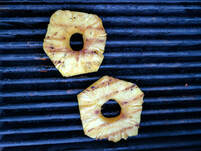 Lastly, remember your fruits, and vegetables. In particular, foods high in Vitamin C, are also an antioxidant and can help reduce the effects of HCAs. Peppers and pineapple are both high in Vitamin C and are delicious on the grill. On skewers, you can alternate these with your choice of meat, and other veggies for delicious grilling option. Orange and citrus fruits can also be added to marinades as an additionally tasty and healthing grilling option.
By following these healthy grilling tips, it’s possible to have a delicious barbecue, as well as a healthy one. For more healthy grilling tips, check out the following articles:
The Rules of Separation at the Grill10 Ways to Lower the Cancer Risk of Grilling Charcoal or Gas? Depends on What You’re Grilling ~ Jon, Dietetic Intern
0 Comments
Leave a Reply. |
SD BlogA place for our consultant Registered Dietitian Nutritionists (RDNs) to share nutrition science, yummy and healthy recipes, tips on seasonal ingredients, and other nutritional musings. Enjoy! Categories
All
Archives
May 2024
|

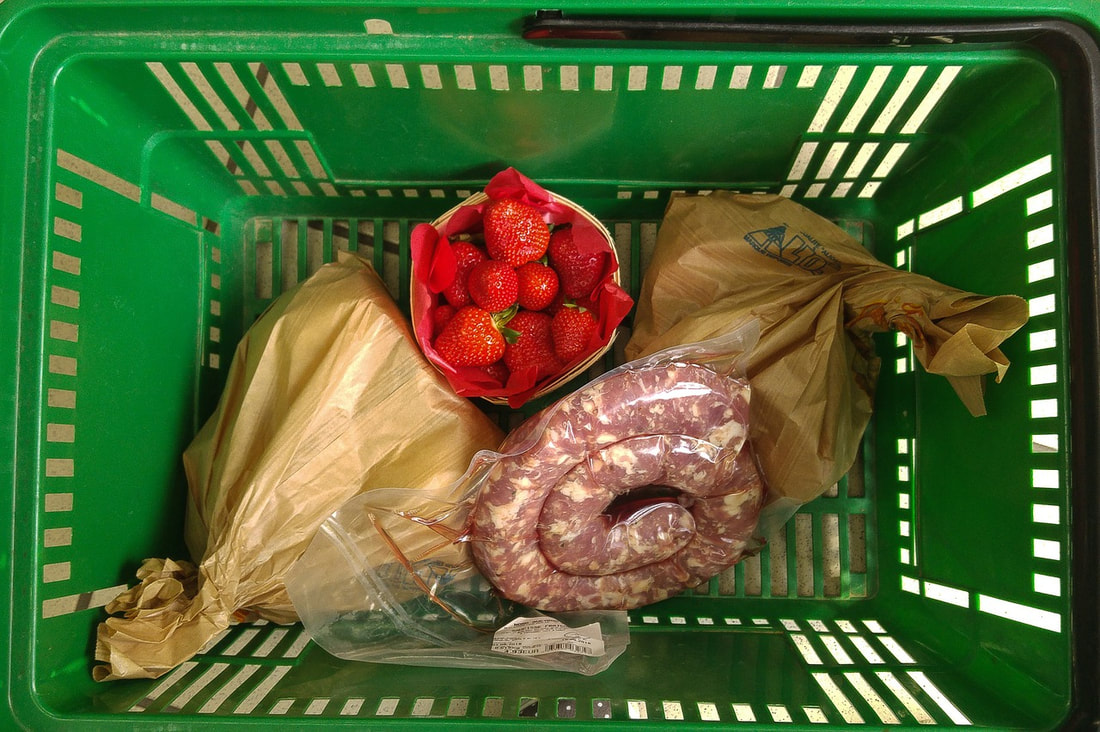
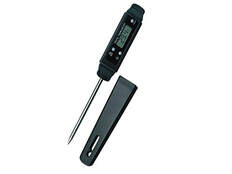
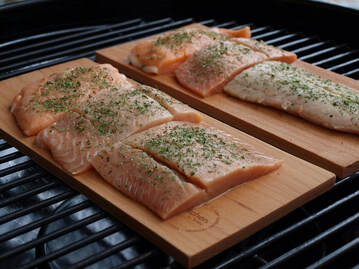
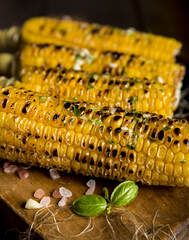
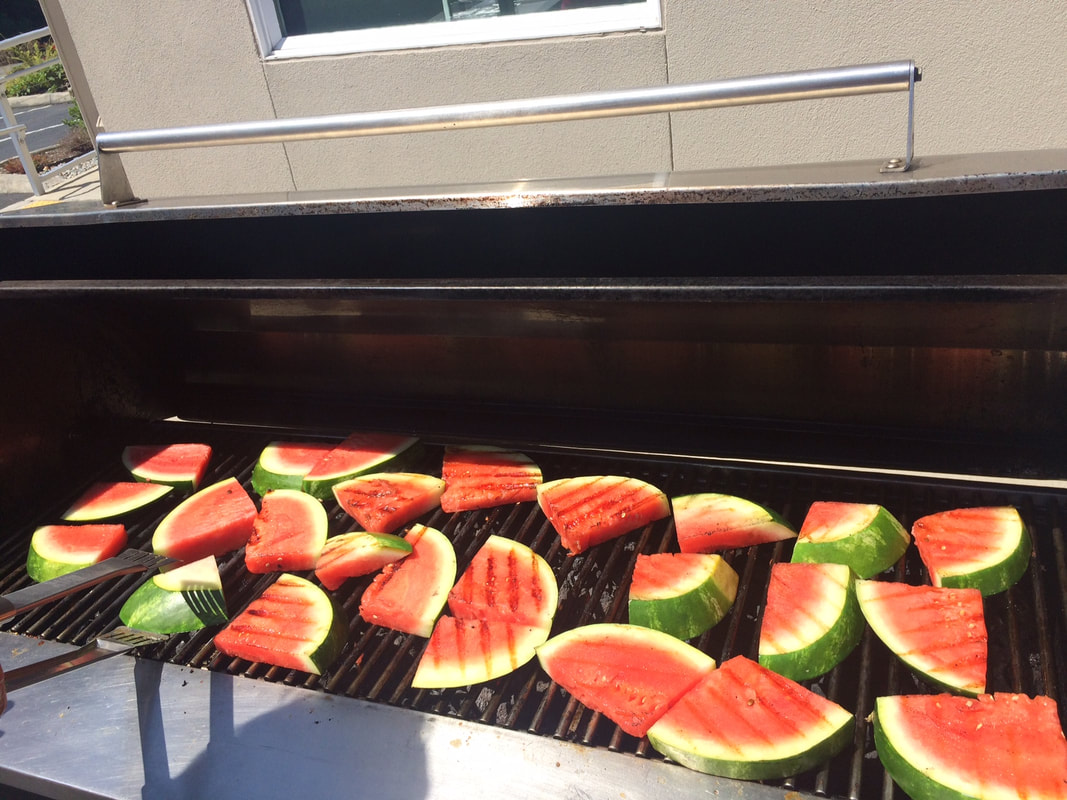

 RSS Feed
RSS Feed